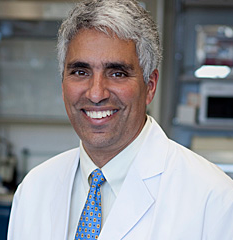
William R. Bishai MD, PhD
Appointments: Professor of Medicine and Co-Director of the Center for Tuberculosis Research at The Johns Hopkins University School of Medicine, Division of Infectious Diseases with Joint Appointments in Pathology, International Health, and Molecular Microbiology and Immunology
E-Mail: wbishai1@jhmi.edu
About: Dr. Bishai received his MD and PhD degrees from Harvard Medical School in 1989. He did his internship and residency at the Brigham and Women’s Hospital in Boston, Massachusetts, and received fellowship training in the Division of Infectious Diseases at the Johns Hopkins School of Medicine. He was a Howard Hughes Postdoctoral Research Fellow in the laboratory of Nobel laureate, Dr. Hamilton Smith. He joined the Johns Hopkins faculty in 1994 and is currently a Professor of Medicine in the Dept. of Medicine, Division of Infectious Diseases and serves as Co-Director for the JHU Center for Tuberculosis Research. From 2010-2013 Dr. Bishai served as the founding Director of the Howard Hughes Medical Institute (HHMI)-funded KwaZulu-Natal Research Institute for Tuberculosis and HIV (K-RITH) in Durban, South Africa, where he supervised the construction of a $40 M research building and recruited seven world-class scientists to its faculty.
Dr. Bishai’s interests involve tuberculosis pathogenesis, and animal models of pulmonary infections, and bacterial respiratory tract infections. His work in South Africa led to new projects on the genomics of the M/XDR-TB strains, small molecule biomarkers in human tissue and T cell immunology of TB in the peripheral blood and lung compartments of humans. He has authored over 250 papers in peer reviewed journals, and receives grant support from the National Institutes of Health. He has given extensive service on international conference planning committees, study sections, editorial boards, and review panels including 3 years on the WHO Stop TB Partnership Coordinating Board.
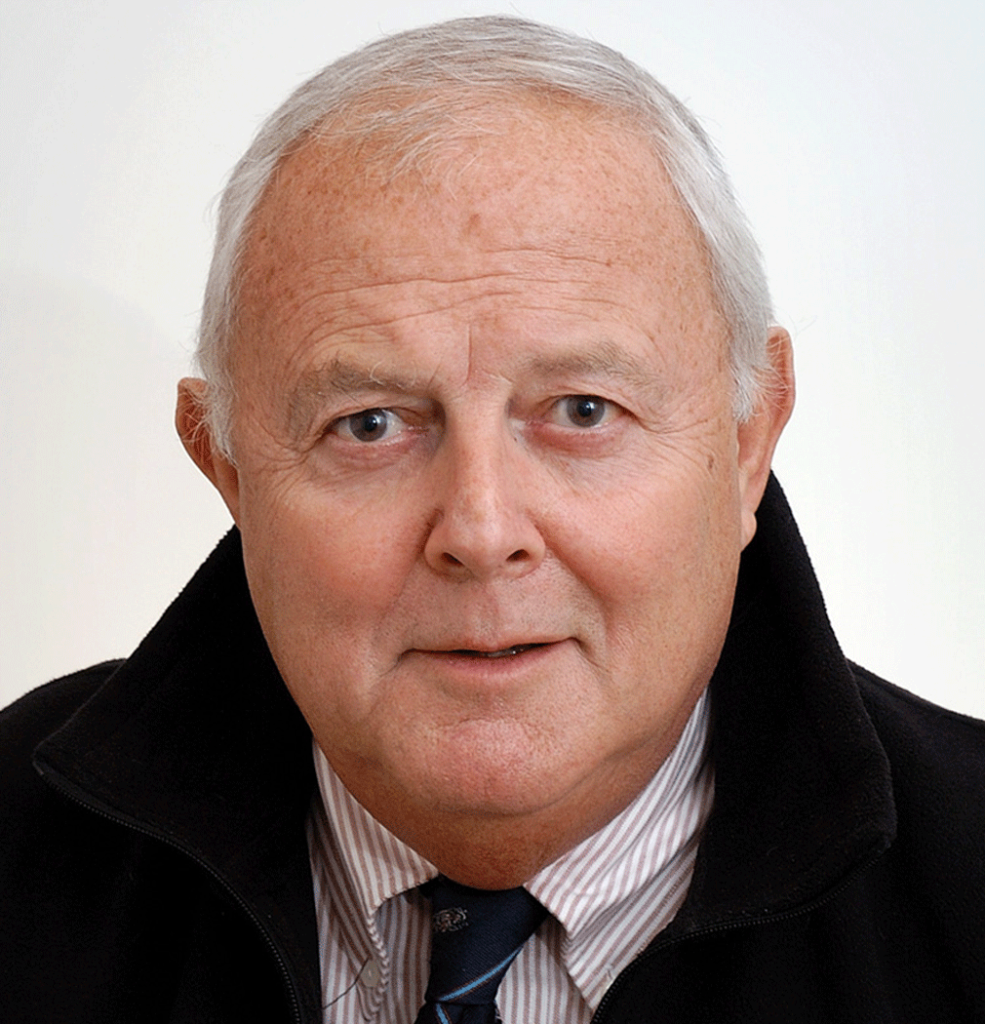
John (Jack) R. Murphy, PhD
Appointments: Professor, The Johns Hopkins University School of Medicine
E-Mail: John.Murphy@jhmi.edu
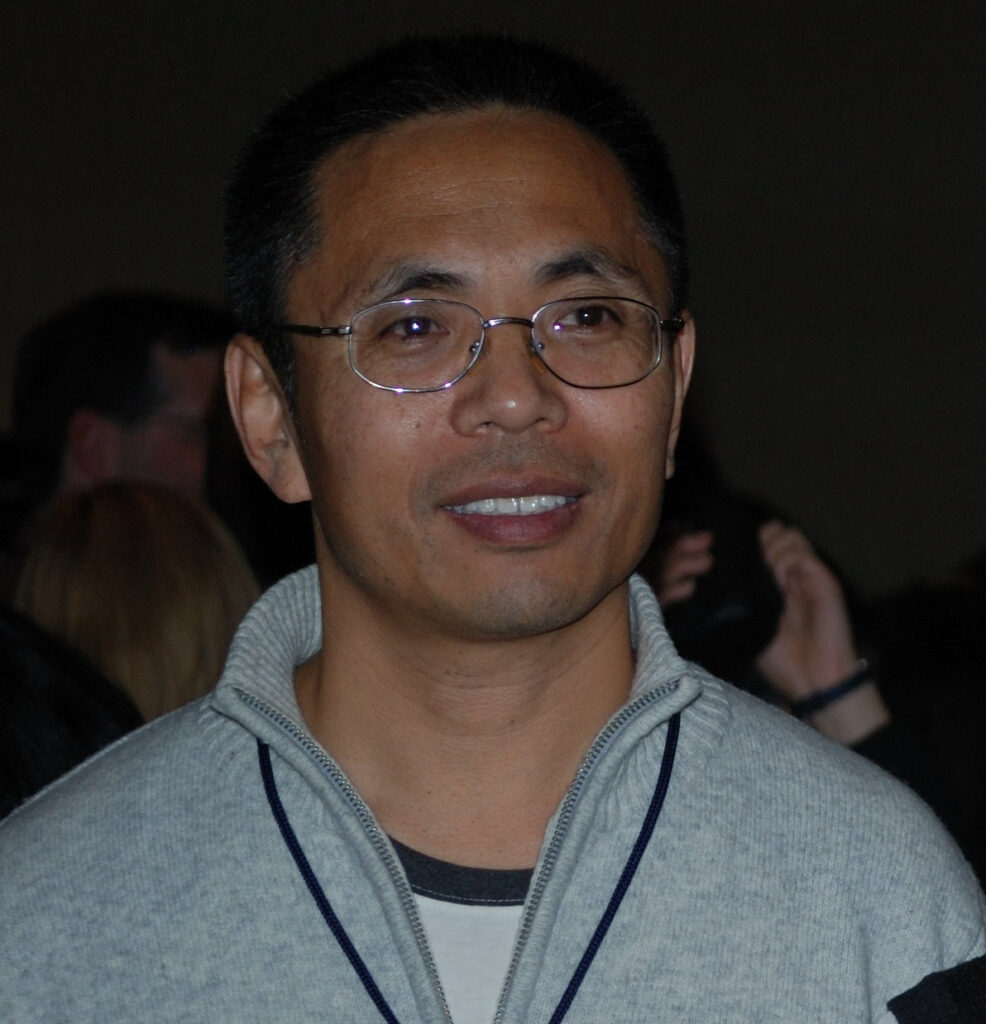
Shichun Lun, PhD
E-Mail: slun1@jhmi.edu
About: Tuberculosis is still a major threat to the public health globally. New TB drugs with new targets and mechanisms of action or new therapeutic strategies are urgently needed. My research experience and interests focus on the following four aspects:
[1] TB drug discovery and development: By high-throughput screening, hit compounds will be identified, followed by lead compound optimization and characterization, target identification and toxicity evaluation; this way, sensitizers can also be identified which may enhance an existing drug or molecular pathway in a synthetic lethality manner.
[2] Drug resistance mechanism studies: It is unfortunate that Mycobacterium tuberculosis can develop resistance not only to the first line TB drugs, but also to some of the new TB drugs or drug candidates. This underlines the importance of resistance mechanism study. It’s my interests to study the genetic basis for resistance and molecular biology for drug-target interactions and metabolic pathways.
[3] Pharmacokinetic study and animal modeling: In vivo bioavailability and pharmacokinetic study of new compounds and drug candidates is the first step for the pre-clinical study of TB drug development. In vivo efficacy evaluation using a mouse infection and chemotherapy modeling provides reliable and cost-effective tools for this purpose. This way, combination therapy can also be evaluated for either therapeutic duration shortening or efficacy evaluation towards drug-resistant tuberculosis.
[4] Host Directed Therapy for TB: It has been well documented that host immune modulations can have a significant effect on TB disease progression or chemotherapeutic outcome. This is also one of my research interests. While Janus Kinase inhibitor Tofacitinib can pose a high risk of reactivation of latent tuberculosis infection (LTBI), other immune modulators may have beneficial effects on the host when used in combination with chemotherapy.
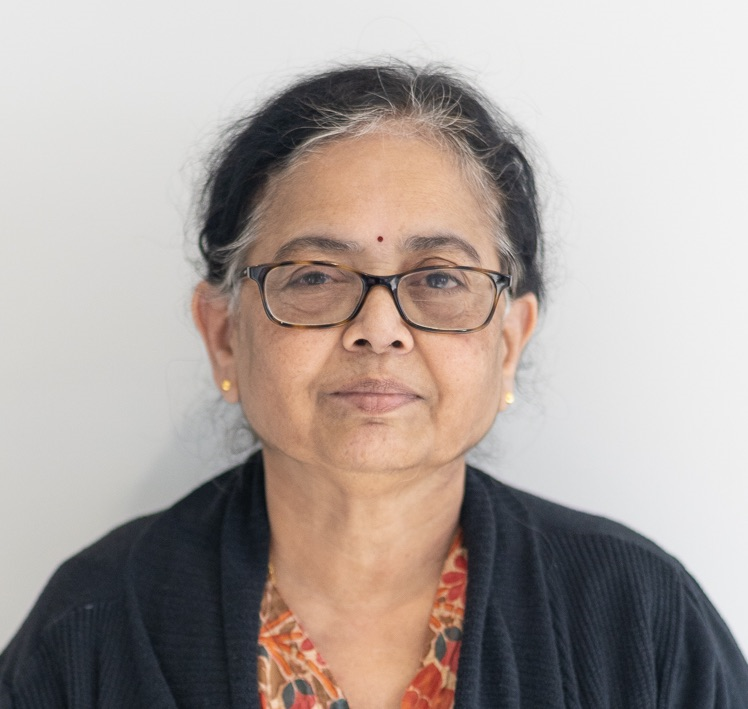
Geetha Srikrishna, PhD
E-Mail: Geetha.Srikrishna@jhmi.edu
About: Geetha earned her Masters and PhD degrees under the Faculty of Medicine, University of Madras, and had background training and a decade of work and teaching experience in clinical chemistry, human physiology and pathology from CMC Hospital, a renowned tertiary referral medical institution in Vellore, India. Starting as a postdoctoral research associate in 1994 at the Sanford Burnham Prebys Medical Discovery Institute in La Jolla, California, and continuing as Staff Scientist, and as Research Assistant Professor, she worked in the fields of inflammation and cancer, with specific focus on mucosal and tumor immunology, tumor microenvironment, and damage-associated molecular pattern molecules and their glycan receptors, and served as principal investigator and co-investigator on NIH and privately funded grants. Since 2015, she is a Senior Research Specialist in the Bishai laboratory, contributing to writing and submission of scientific publications and grant proposals, mentoring, and projects development.
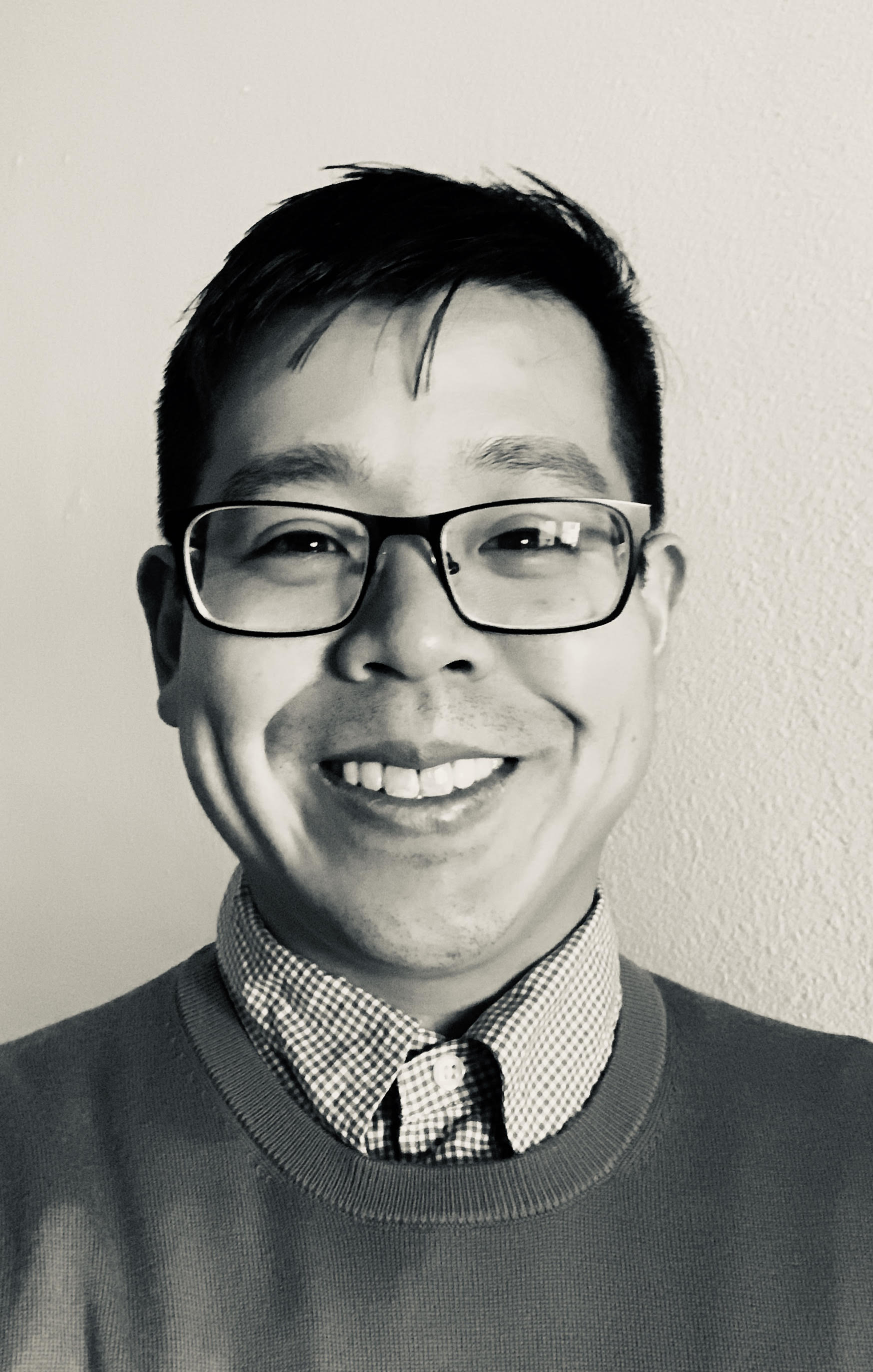
Peter Um, MS
E-Mail: peterum@jhmi.edu
About: Peter is a Senior Research Specialist. He earned his Bachelor’s of Science Degree in Molecular Biology with a minor in Chemistry from Westminster College. He later received his Master’s degree in Biotechnology from Johns Hopkins University. His current research focuses are on BCG, vaccine development, bladder cancer immunotherapy, TB pathogenesis, and SARs-CoV-2 pathogenesis.
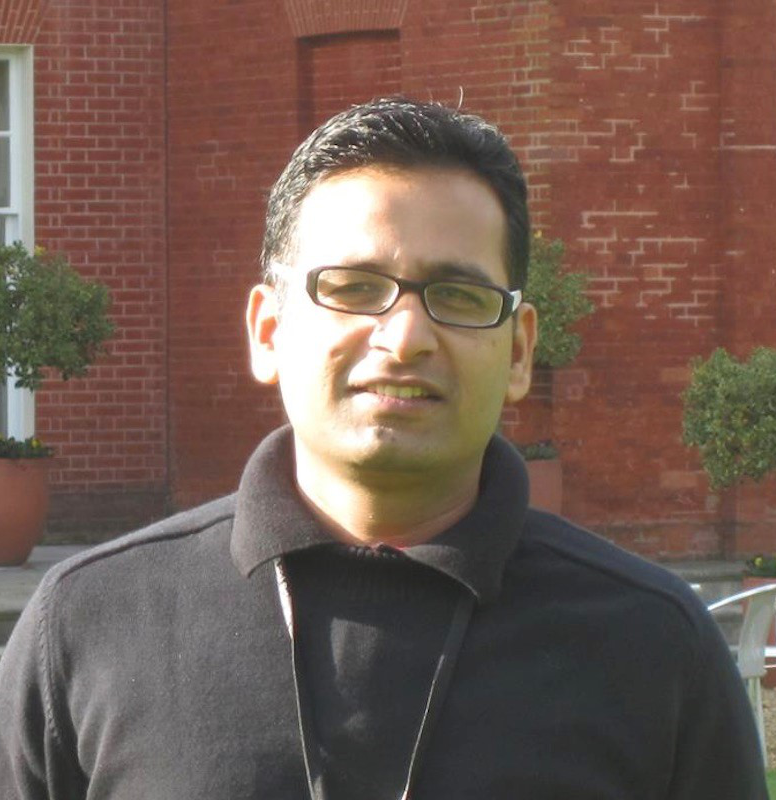
Alok Singh, PhD
E-Mail: asingh51@jhmi.edu
About: Alok received his M.Sc in Biotechnology from University of Calicut and joined National Institute of Immunology, New Delhi as junior research fellow in immunology in January, 2008. He joined Prof. Rentala Madhubala’s laboratory in July, 2009 for his doctoral research and received his Ph.D from Jawaharlal Nehru University, New Delhi in July, 2015. During his graduate training Alok used proteomics and genomics approaches to identify drug-resistance mechanisms in clinical strains of Leishmania donovani. He identified macrophage proteome modulation and roles of host miR-30a-mediated manipulation of infection induced autophagy. Alok joined the Bishai laboratory in August 2015, as a post-doctoral fellow to investigate the “role of MTB-secreted moonlighting proteins in host immune subversion”. His research interests include “improving antigenic repertoire of Bacilli Calmette-Guérin (BCG) for bladder cancer immunotherapy” and “BCG-mediated trained immunity (TI)”.
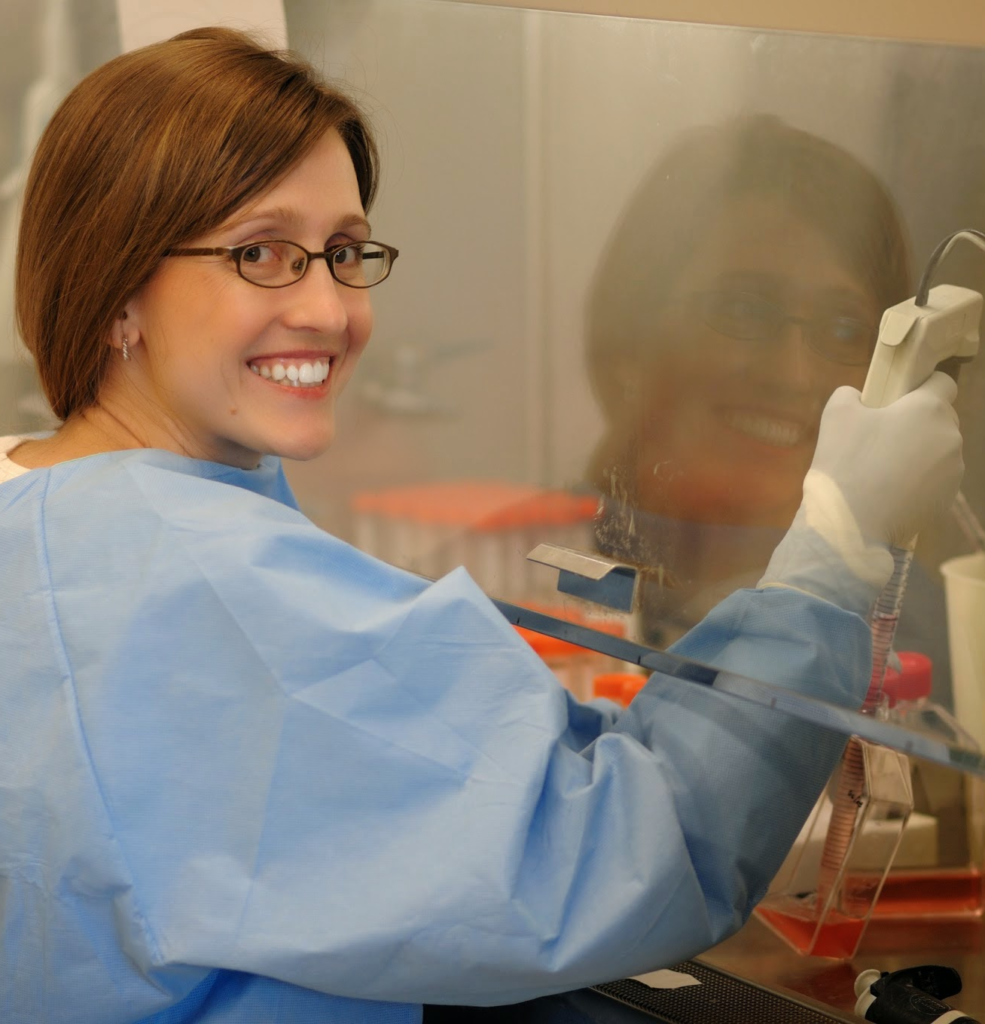
Cynthia Korin Bullen, PhD
E-Mail: cbullen2@jh.edu
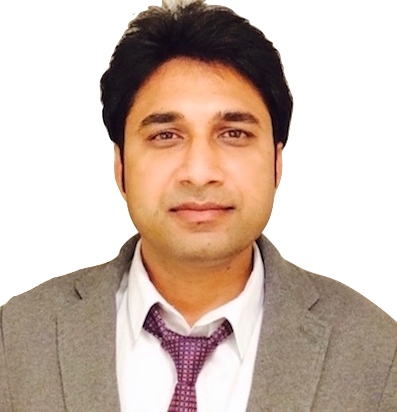
Pankaj Kumar, PhD
E-Mail: pkumar10@jhmi.edu
About: Coming Soon.

Sadiya Parveen, PhD
E-Mail: sparvee2@jhmi.edu
About: Sadiya received her PhD degree from CSIR-Centre for Cellular and Molecular Biology, Hyderabad, India. Her current research focuses on tuberculosis immunology and immunotherapy. Her long-term goal is to develop novel host-directed therapies that can be translated from bench side to bedside.
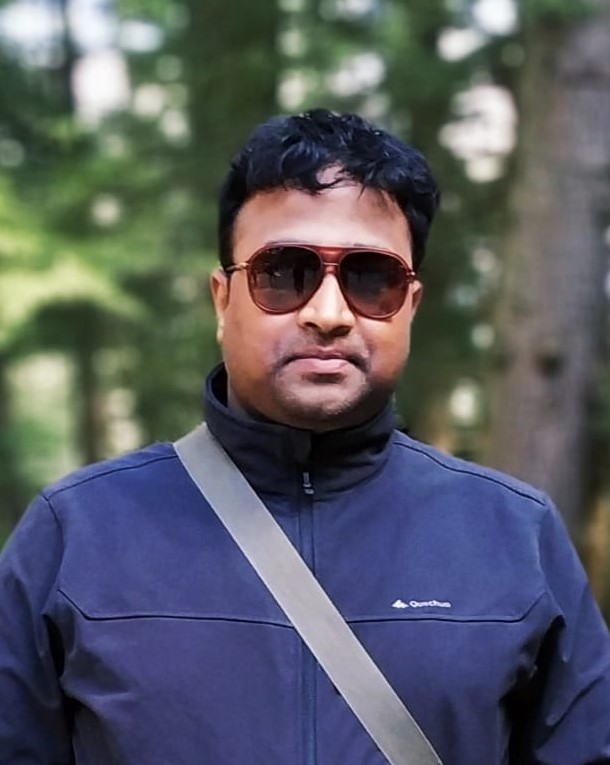
Manish Gupta, PhD
E-Mail: mgupta26@jhmi.edu
About:Manish received his Bachelor’s degree in Microbiology Hons. from Calcutta University and Master’s in Biotechnology from Bangalore University, India. As a part of his Ph.D. research (2012-17) in the Jawaharlal Nehru University and TERI School of Advanced Studies, he investigated the potential role of ParDE-type toxin-antitoxin systems of M. tuberculosis in growth, drug tolerance and programmed cell death. He then received the Dr. D. S. Kothari postdoctoral fellowship of UGC in 2017, for investigating the factors triggering resuscitation of M. tuberculosis from the dormant state. Additionally, he worked on various Th1- and Th17-immune response modulating vaccine adjuvants and nano-formulations in animal models, especially to combat pathogens like M. tuberculosis, Bacillus anthracis and Streptococcus pyogenes. In the Bishai Laboratory, Manish is primarily working towards elucidating the host genetic and hormonal mechanisms mediating sex differences in TB. He further aims to map various anti-tubercular drug targets and elucidate their interaction mechanisms. Outside the lab in his free time, he enjoys music, cooking and playing badminton.
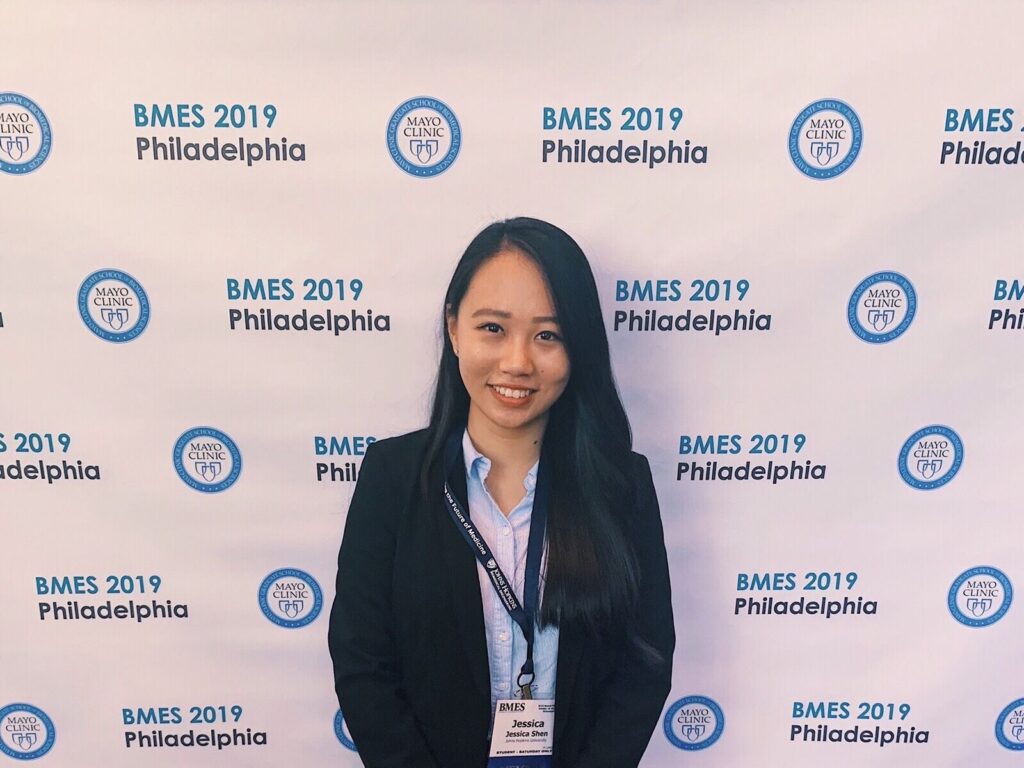
Jessica Shen, BS
E-Mail: jshen30@jhu.edu
About: Jessica is a Research Technologist. She earned his Bachelor’s Degree in Biomedical Engineering from Johns Hopkins University. Her current research focuses on diphtheria fusion protein toxins-based host-directed therapies for tuberculosis and cancers.
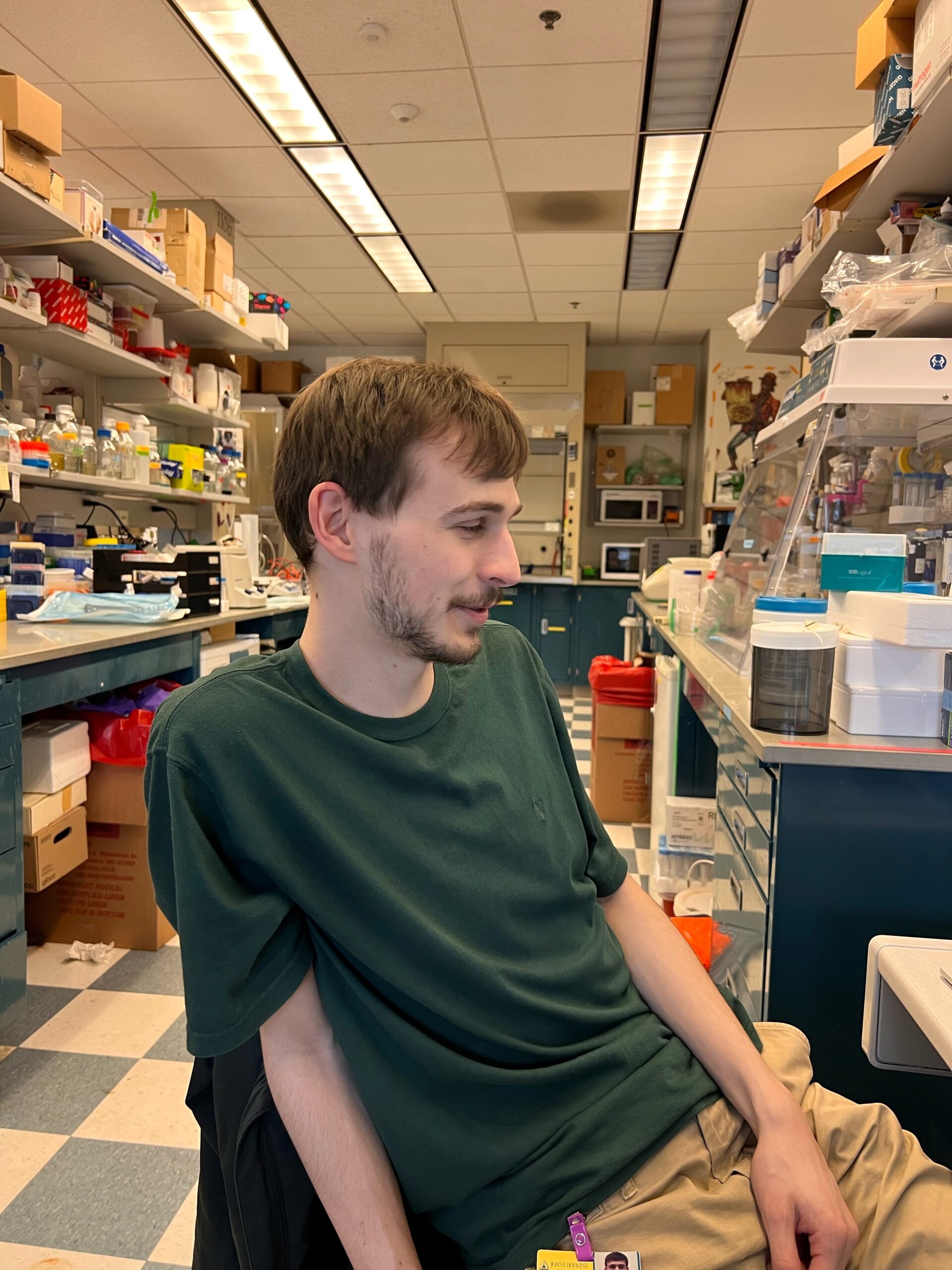
Ben Koleske, BS
E-Mail: bkolesk1@jhmi.edu
About: Ben is an MD/PhD student in the Biochemistry, Cellular, and Molecular Biology (BCMB) Graduate Program. He earned his Bachelor’s of Science Degree in Molecular Biophysics and Biochemistry from Yale University. His current research focuses on tuberculosis secretory systems and their relevance to host-pathogen interactions.
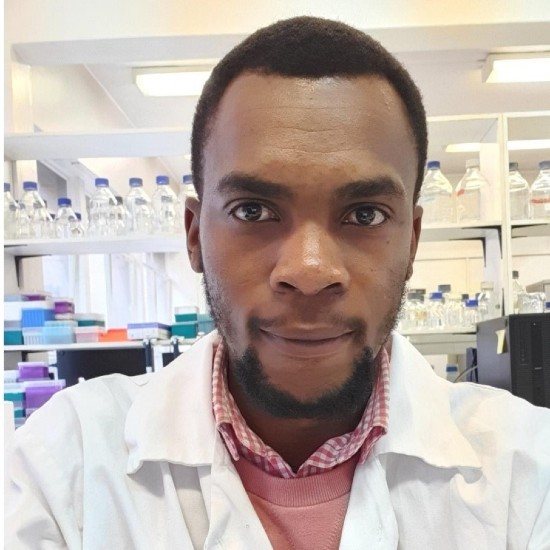
Moagi Shaku, MS
E-Mail: mshaku1@jhmi.edu
About: Moagi Shaku is a PhD candidate and Fulbright Scholar visiting from the University of the Witwatersand (Wits) node of the DST/NRF Centre of Excellence for Biomedical Tuberculosis Research, in Johannesburg, South Africa. He is studying the Physiology of Mycobacterium tuberculosis – the causative agent of TB – with a focus on identifying and validating novel drug targets for development of new antibiotics against TB and development of new strategies to improve the current TB vaccine. Moagi Shaku holds a Masters degree in Medicine from Wits University and is currently a recipient of the South African Medical Research Council (SAMRC) PhD Scholarship and Wits University PhD merit award.

Linda Brady
E-Mail: lcurbea3@jhmi.edu
About: Linda has served the Johns Hopkins School of Medicine community as a lab technician for over 30 years.